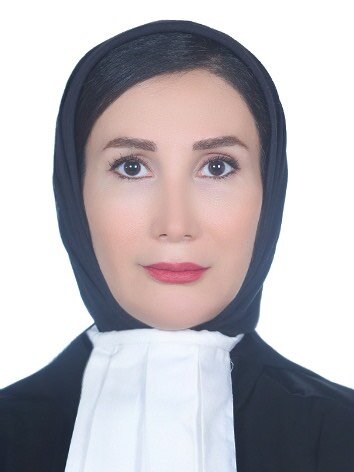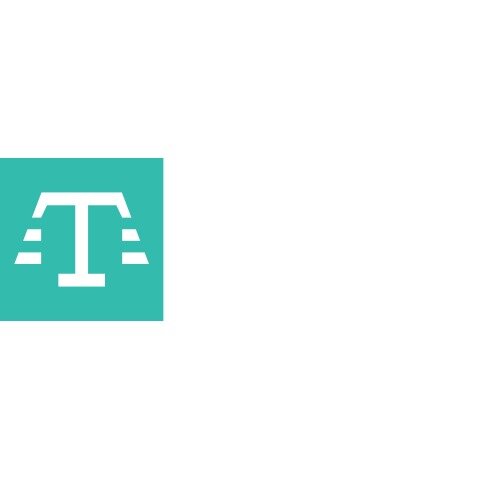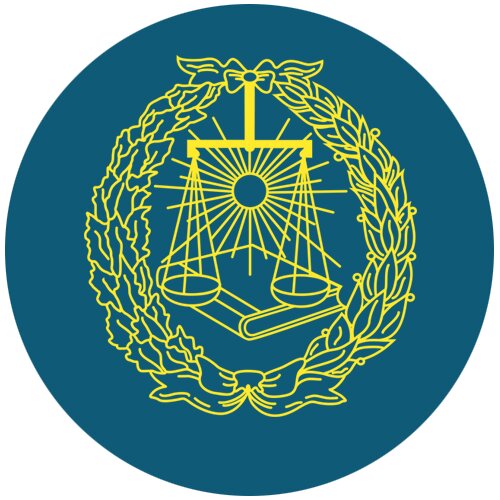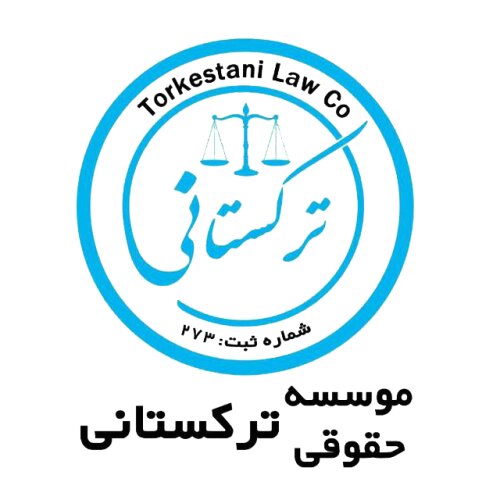Best Adoption Lawyers in Iran
Share your needs with us, get contacted by law firms.
Free. Takes 2 min.
Free Guide to Hiring a Family Lawyer
Or refine your search by selecting a city:
List of the best lawyers in Iran
About Adoption Law in Iran
Adoption in Iran is governed by Islamic law, which prohibits the legal adoption of a child. Instead, the concept of guardianship (or "kafala") is prevalent, where a person can become the legal guardian of a child without changing the child's surname or inheritance rights.
Why You May Need a Lawyer
It is important to consult a lawyer in Iran if you are considering guardianship or any legal issues related to children. A lawyer can help navigate the complex legal system and ensure that your rights are protected.
Local Laws Overview
In Iran, legal adoption is not recognized, but guardianship is. The Civil Code of Iran governs family matters, including guardianship. It is essential to understand the legal requirements and implications of becoming a guardian in Iran.
Frequently Asked Questions
1. Is legal adoption allowed in Iran?
No, legal adoption is not permitted in Iran. However, the concept of guardianship (kafala) is recognized.
2. What is guardianship in Iran?
Guardianship in Iran is a legal relationship where a person assumes responsibility for a child's care, upbringing, and financial support without changing the child's surname or inheritance rights.
3. What are the requirements for becoming a guardian in Iran?
To become a guardian in Iran, a person must be of sound mind, have reached the age of majority, and meet the moral and financial criteria set by the court.
4. Can a non-relative become a guardian in Iran?
Yes, a non-relative can become a guardian in Iran, but the court will assess the person's suitability based on the child's best interests.
5. What are the rights and responsibilities of a guardian in Iran?
A guardian in Iran is responsible for the child's care, education, and well-being. They also have the right to make decisions on behalf of the child, but within the confines of the law.
6. Can a guardianship be terminated in Iran?
Yes, a guardianship can be terminated in Iran if the court deems it necessary for the child's welfare, or if the guardian is unable to fulfill their responsibilities.
7. How can a lawyer help with guardianship issues in Iran?
A lawyer can provide legal advice on guardianship matters, assist with court proceedings, and ensure that all legal requirements are met to establish or terminate a guardianship in Iran.
8. Are there any legal restrictions on guardianship in Iran?
Guardianship in Iran is subject to legal restrictions, such as the need to act in the child's best interests, comply with court orders, and adhere to the Islamic principles governing guardianship.
9. What legal documentation is required for guardianship in Iran?
To establish guardianship in Iran, legal documentation such as a court order, guardian appointment decision, and other relevant paperwork may be required.
10. How can I find a reputable lawyer for guardianship issues in Iran?
You can seek recommendations from family, friends, or legal organizations in Iran. It is essential to choose a lawyer who specializes in family law and has experience with guardianship cases.
Additional Resources
For more information on adoption and guardianship in Iran, you can contact the Ministry of Justice or legal aid organizations that specialize in family law matters.
Next Steps
If you require legal assistance with guardianship or adoption-related issues in Iran, it is advisable to consult with a qualified lawyer who can guide you through the legal process and protect your rights.
Lawzana helps you find the best lawyers and law firms in Iran through a curated and pre-screened list of qualified legal professionals. Our platform offers rankings and detailed profiles of attorneys and law firms, allowing you to compare based on practice areas, including Adoption, experience, and client feedback.
Each profile includes a description of the firm's areas of practice, client reviews, team members and partners, year of establishment, spoken languages, office locations, contact information, social media presence, and any published articles or resources. Most firms on our platform speak English and are experienced in both local and international legal matters.
Get a quote from top-rated law firms in Iran — quickly, securely, and without unnecessary hassle.
Disclaimer:
The information provided on this page is for general informational purposes only and does not constitute legal advice. While we strive to ensure the accuracy and relevance of the content, legal information may change over time, and interpretations of the law can vary. You should always consult with a qualified legal professional for advice specific to your situation.
We disclaim all liability for actions taken or not taken based on the content of this page. If you believe any information is incorrect or outdated, please contact us, and we will review and update it where appropriate.
Browse adoption law firms by city in Iran
Refine your search by selecting a city.
















